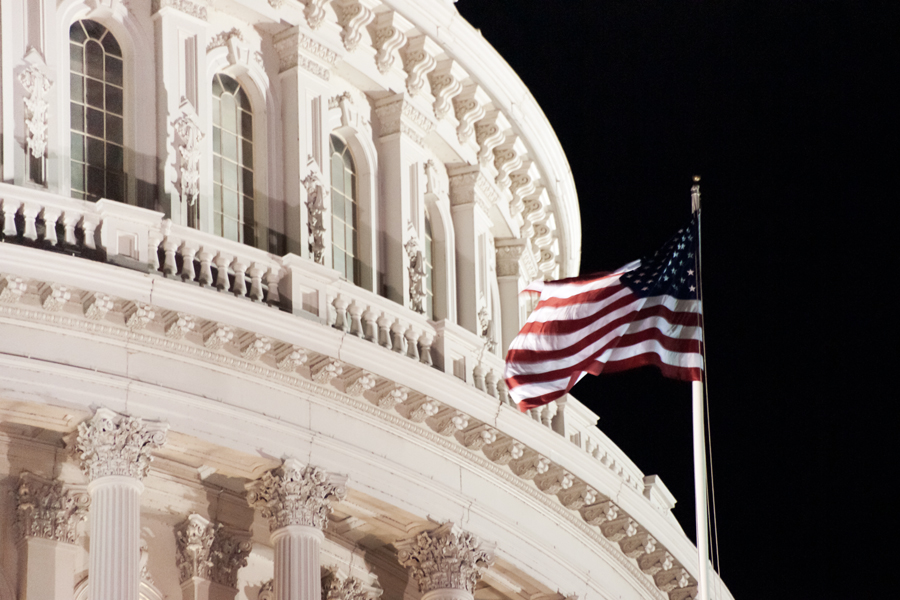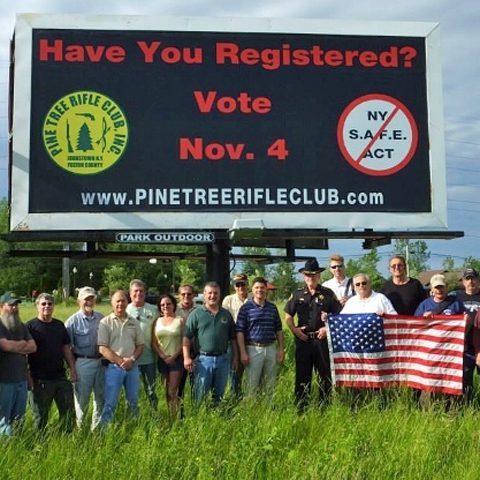When I first saw this article at The Daily Beast, talking about how Chris Christie was “faking it” on gun rights, I had no idea how much of the gun community would echo that sentiment. My reaction was “Well, yeah, but they’re all faking it.” You see, aside from the very rare gunny politician (and they do exist, they just aren’t that common), almost all your politicians arrive at this issue based on whether or not that position is politically expedient. Even your politicians that may pay a lot of lip service to gun rights have a breaking point, and you’d be surprised by how many “great friends” will head for the hills and leave you to the wolves if the vote suddenly starts to turn hard for them. In any of your state legislative bodies, there are legislative friends who really have not been tested, and nearly none of these guys are going home after a hard day of shaking hands and kissing babies to clean their AR-15s. It’s quite easy to say “Oh, I’m with you on this or that,” when they’re talking to your lawmaker to constituent in the comfort of their office. It’s quite another thing to actually take a hard vote for us when there’s not a knock down, drag out fight over it with both sides and the media fully engaged.
So while Governor Christie is not my ideal candidate for 2016 (I’m partial to Scott Walker if he’s interested in running), and while I agree that he’s vetoed a number of bills for us out of a desire to run for the GOP nomination, I have to respect that he’s signaled to us through action rather than lip service. Does that mean I trust him on guns? Not really. But trusting in politicians is usually a fool’s business. Since politicians, as a general rule, act out of political expedience, the trick is to continue making our issue expedient for them. Over the long run, that’ll work out a lot better for you than trust.









